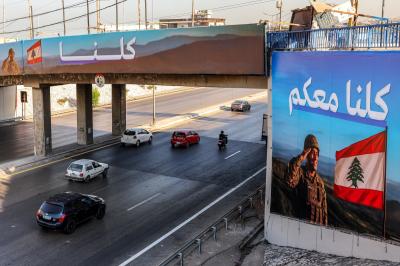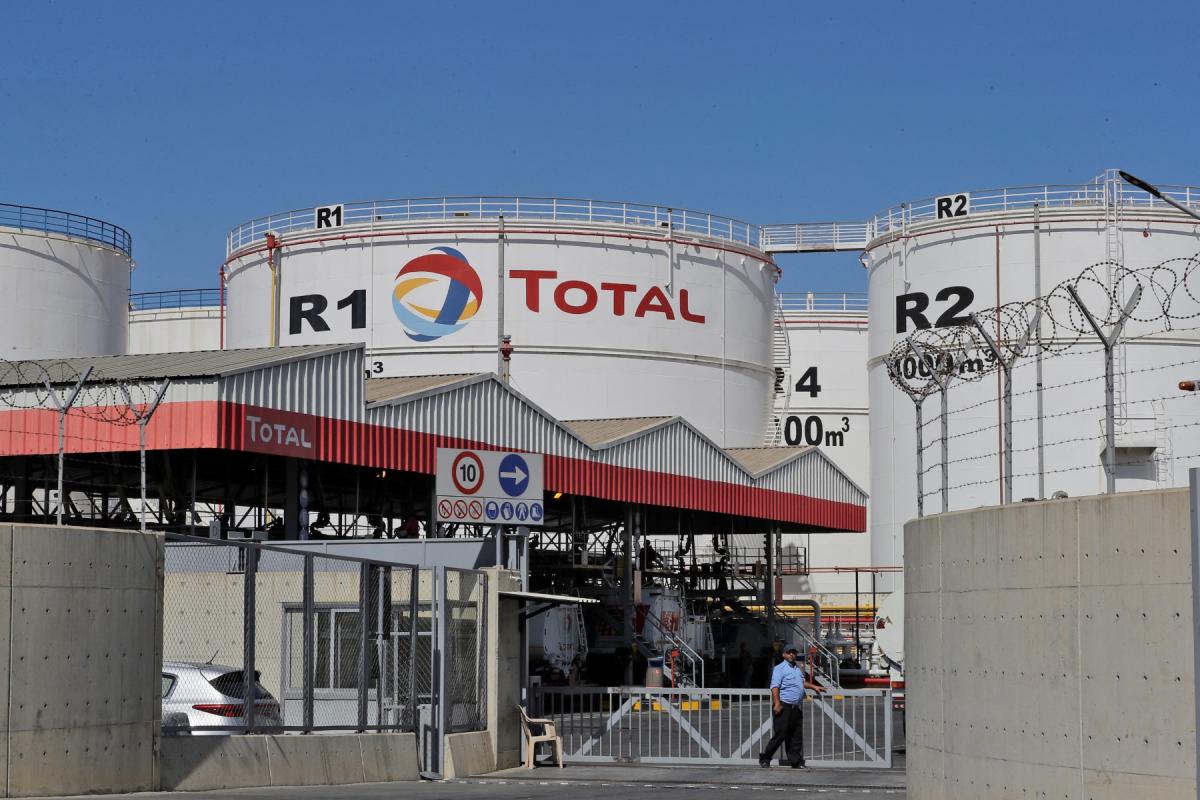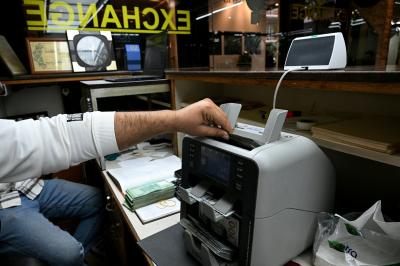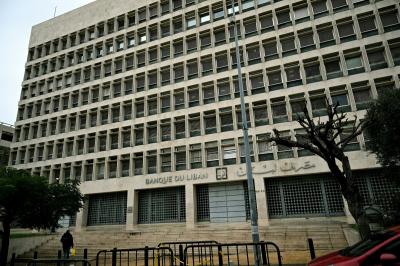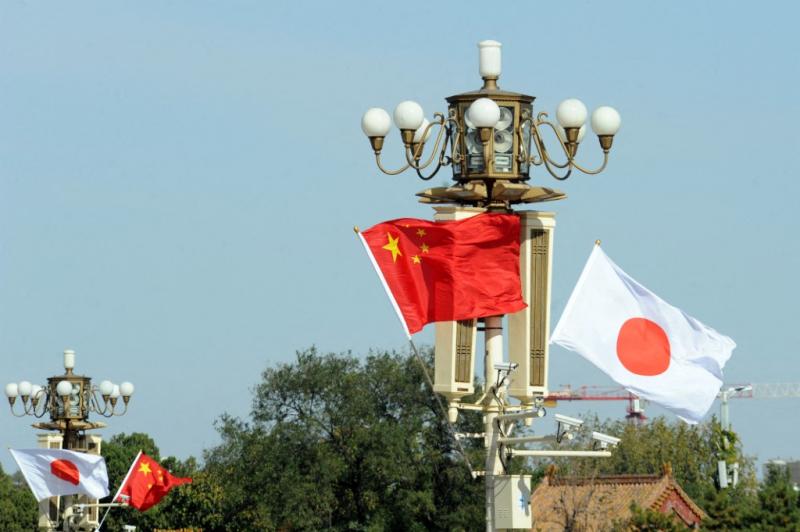Recent leaks suggesting an American plan to convert part of southern Lebanon into an industrial zone have thrust the country’s dormant oil and gas file back to the forefront—if not outright suspicion. Facing that same south lie three of Lebanon’s ten offshore blocks, widely believed to hold the richest oil and gas reserves. Any extraction there would require the construction of supporting onshore facilities. At the same time, diplomatic “whispers” are urging Lebanon not to proceed with its current agreement with the consortium led by France’s Total, along with Italy’s Eni and QatarEnergy, to clear the way for U.S. companies.
At a moment when traditional investors are steering clear of Lebanon due to soaring operational costs, weak infrastructure, and rampant corruption, “exceptional” investments backed by international sponsorship may offer a more serious alternative. Among the most prominent ideas: establishing a dedicated oil-industrial city. Such complexes typically include primary processing facilities, testing units, logistical infrastructure such as airstrips and worker housing, storage tanks, gas treatment plants, pumping stations, pipelines, power and water plants, sewage treatment, restaurants, offices, and security firms.
Peace for Prosperity
A potential U.S. entry into Lebanon’s energy sector, coupled with pressure to create a buffer industrial zone—possibly oil-related—appears more plausible than other scenarios for several reasons. First, it fits squarely into the path charted by President Donald Trump during his first term and now continued into his second: promoting regional peace agreements under the slogan “peace for prosperity.”
From a technical standpoint, meanwhile, the oil consortium operating in Lebanon since 2018 does not appear particularly eager. Earlier this year it refused to sign exploration and production contracts for blocks 8 and 10 under the second licensing round. It has yet to submit its final report on drilling in block 9, completed in November 2023. Most significantly, the consortium’s contract for block 9 expired in May.
Exploiting Extensions
In theory, all ten offshore blocks have reverted to state control, making it possible to re-tender them individually or all together under the third licensing round, open until late November 2025. In practice, however, block 9 remains in the consortium’s hands despite the contract’s expiration. The evidence, according to Diana Qaisi, a member of the advisory board of the Lebanese Oil and Gas Initiative (LOGI), lies in the block’s exclusion from the current tender by the Lebanese Petroleum Administration (LPA). “The reason,” she says, “is the consortium’s ability to benefit from a decree extending deadlines—without any clear end date specified.”
The Case for U.S. Companies
Financially, Lebanon’s oil prospects are highly attractive for major American firms such as Shell, Chevron, and ExxonMobil. These companies already operate extensively in the region, including in Cyprus and Israel’s Leviathan field, meaning they would not need to move operations and equipment from afar. But, as Qaisi notes, their willingness to enter Lebanon hinges largely on “implementation of the reforms laid out in the U.S. paper.”
The Importance of Block 9 Data
The gateway for new companies lies in the yet-unpublished results of Total’s drilling in block 9. This report is viewed as the real prize, showing with certainty what reserves the Qana field contains. Once in Lebanese hands, the state could share the findings with interested companies and sell them as “exploration data” capable of drawing investors—especially if the results prove promising enough to outweigh Lebanon’s political and financial turmoil.
In theory, oil companies base decisions on technical and economic feasibility. In Lebanon, politics dominates. “That’s why Total’s consortium maintains ambiguity on its Lebanese operations,” Qaisi explains, “helped by the Lebanese authorities’ excessive leniency, their failure to demand clarifications, or to take a firm stance.”
State Credibility Matters
Ultimately, political, economic, and security stability are essential to improve Lebanon’s market rating and attract investors. Extracted volumes are typically sold domestically or through commercial agreements. But if a country has a poor credit reputation and a history of defaults, companies hesitate, fearing non-payment. Lebanon today not only remains in default on its Eurobond debt but is also falling behind on new obligations, including more than $1.2 billion owed to Iraq for fuel imports—evidence of weak guarantees.
In the coming days, clarity may emerge on two key questions: the resumption of oil and gas exploration and the creation of an industrial economic zone. What matters most is that Lebanon not remain trapped in the gray zone..
Please post your comments on:
[email protected]
 Politics
Politics




